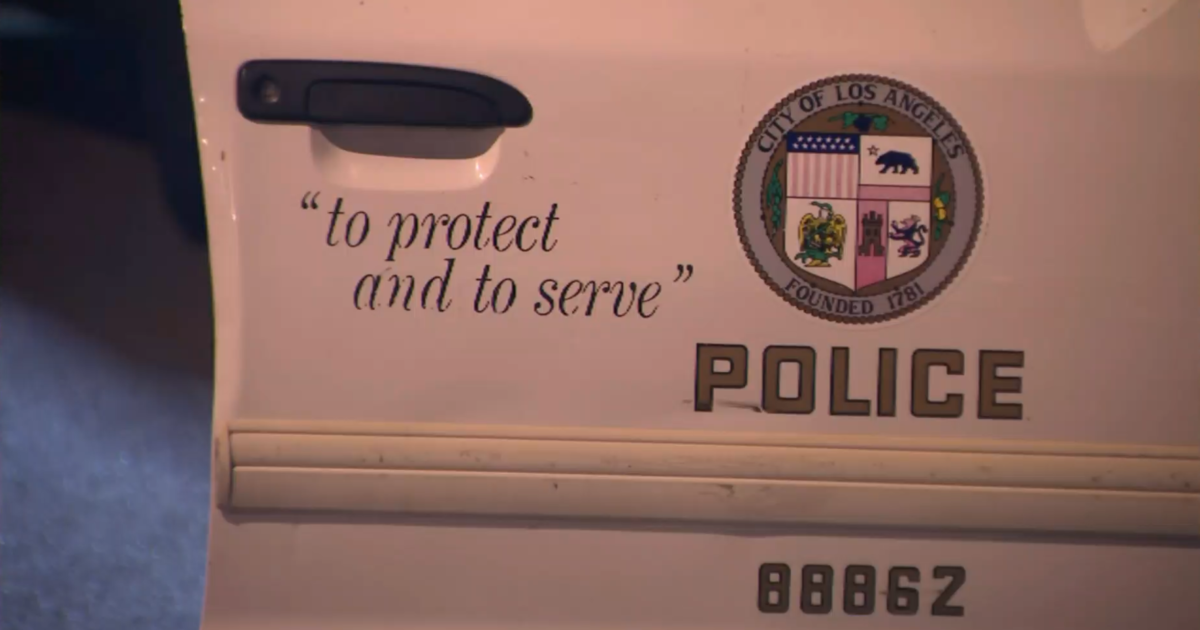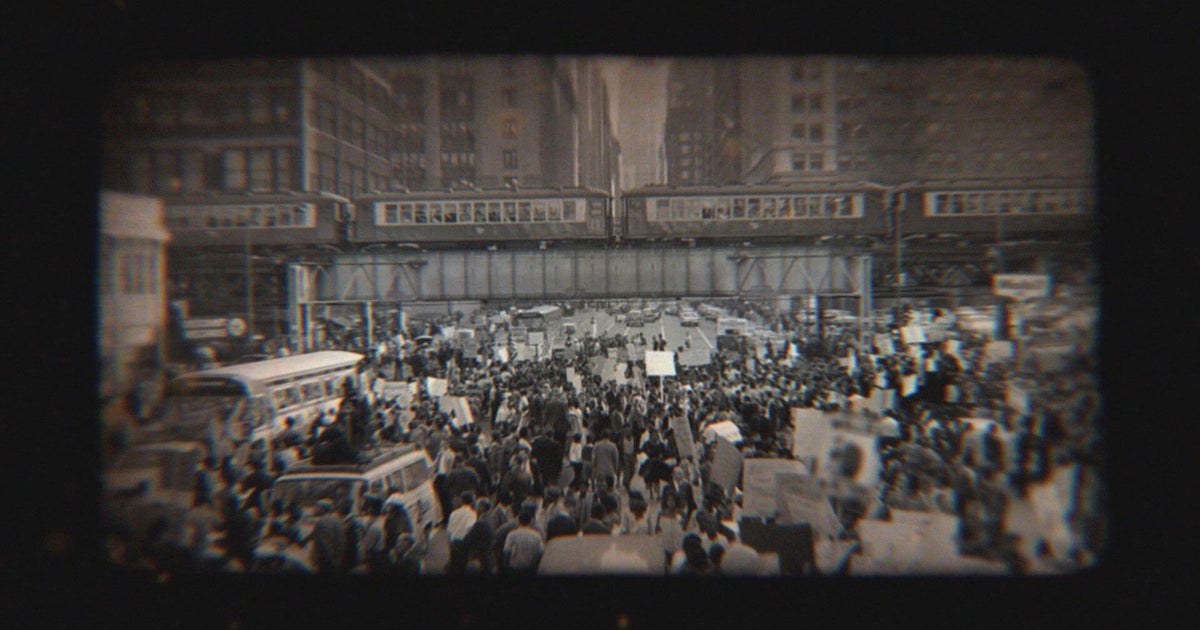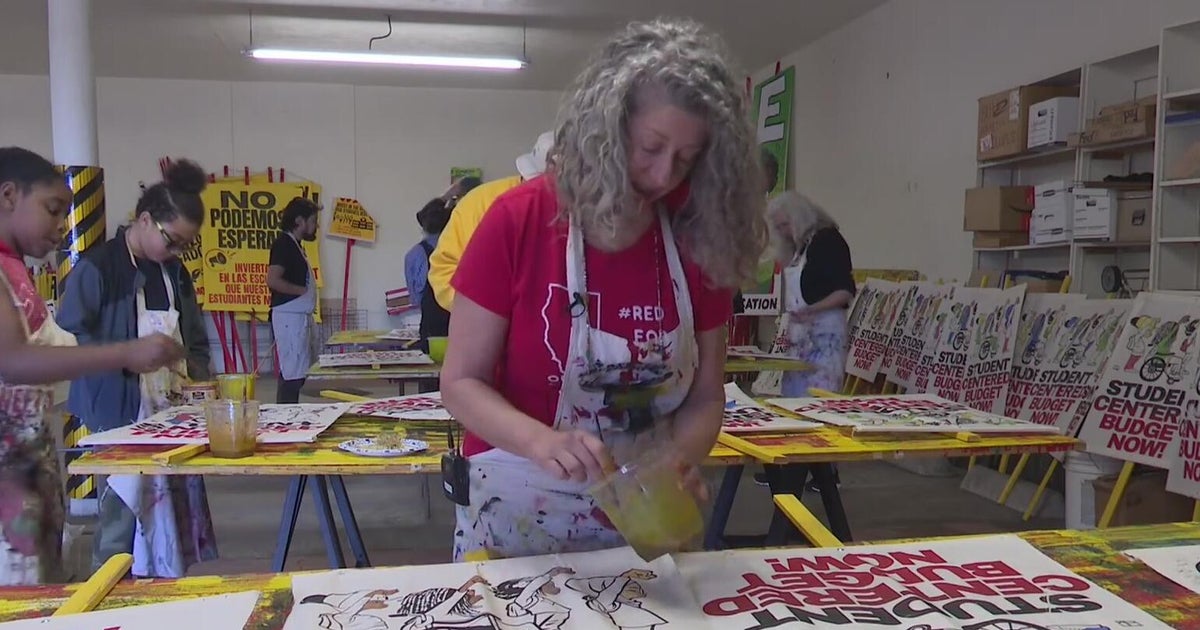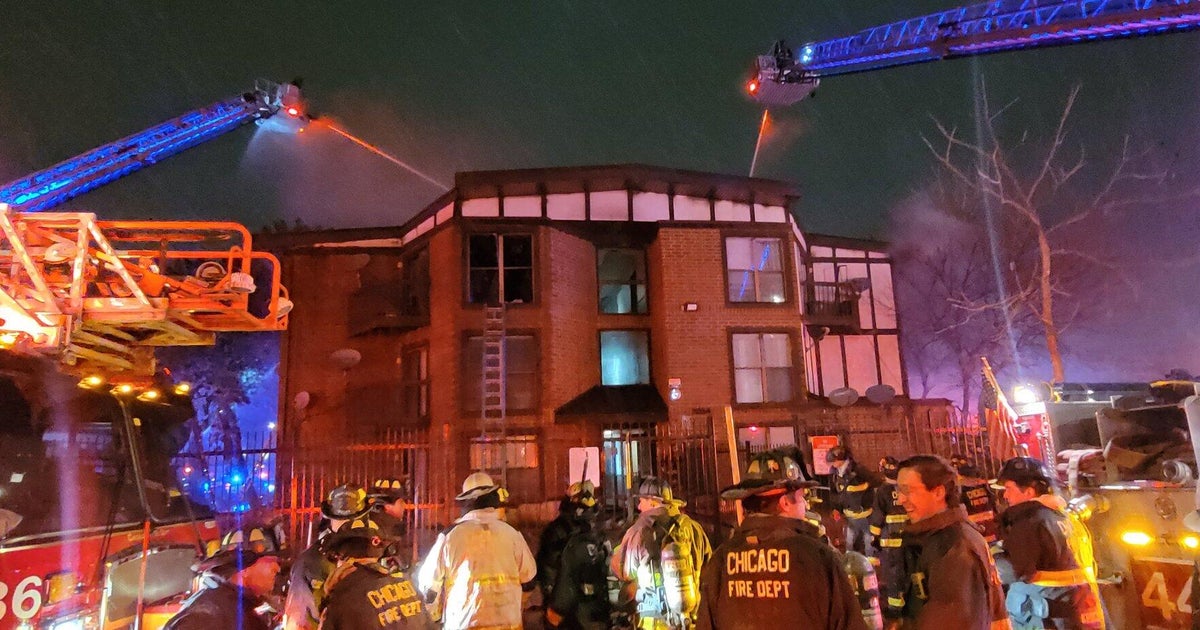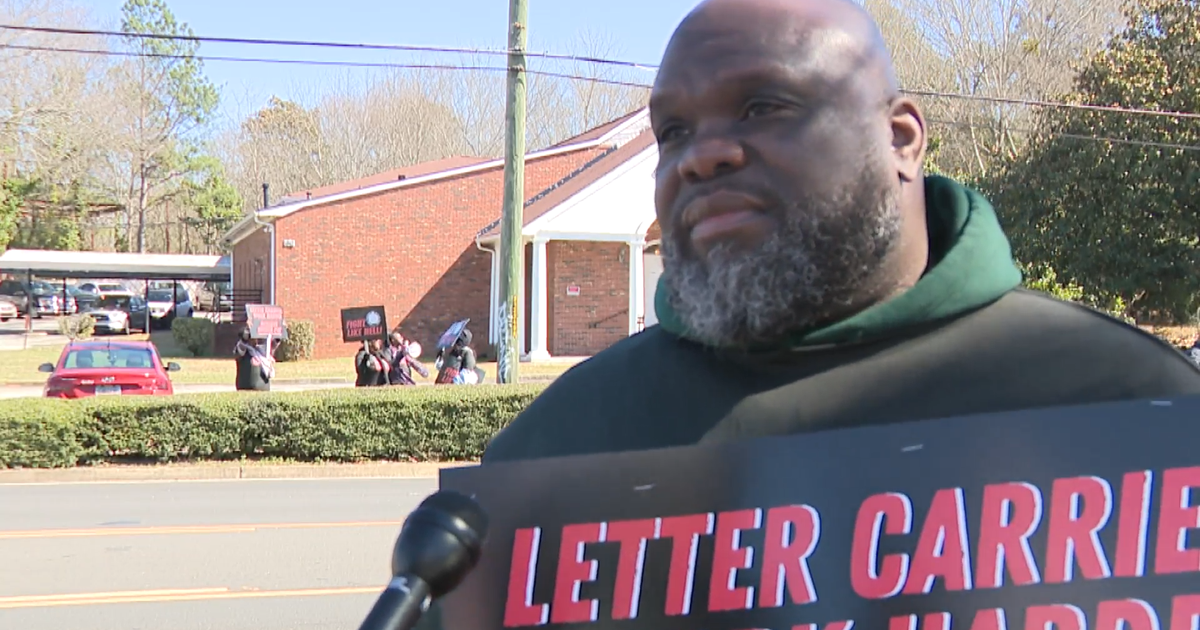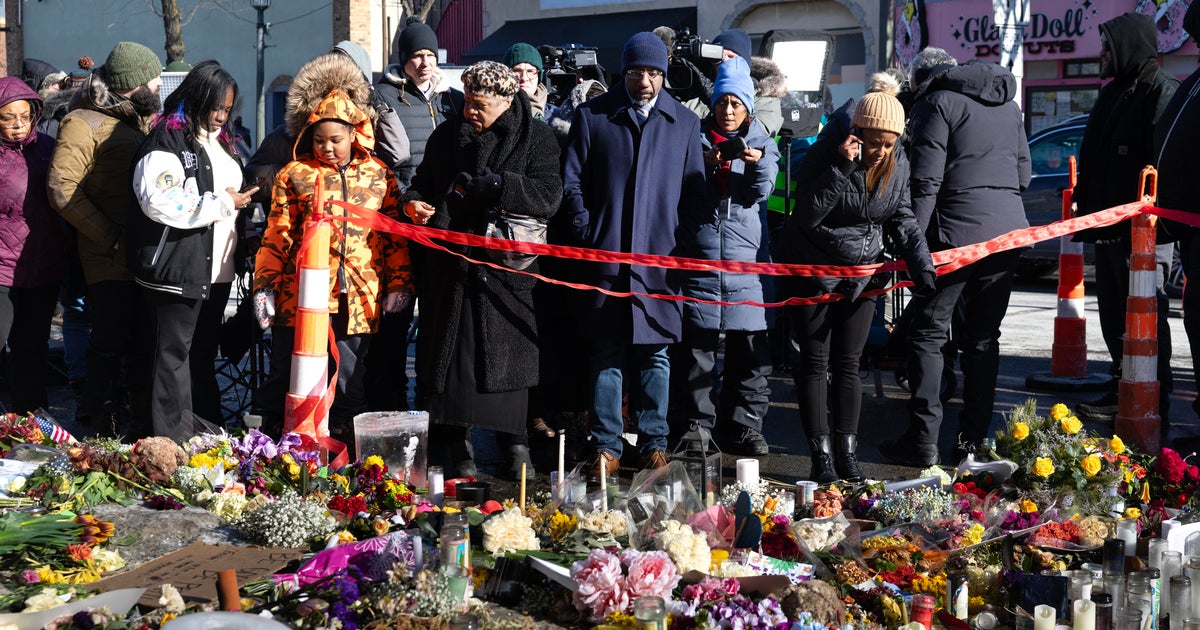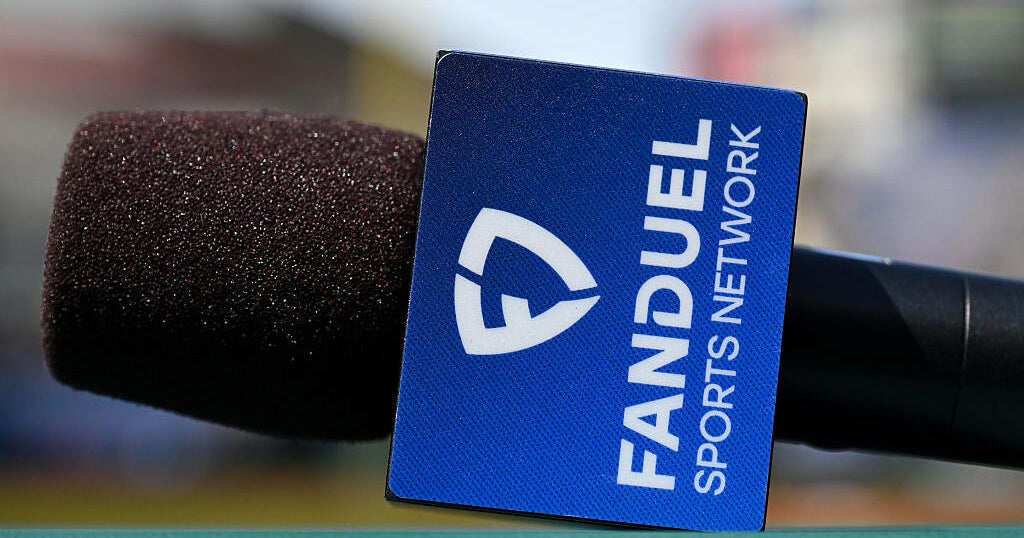Wis. Governor Tells Unions It Will Lay Off Workers
MADISON, Wis. (AP) -- Day by day, the rallies of thousands of teachers, firefighters and other public workers that propelled Wisconsin's fight over union rights to national prominence have been giving way to smaller protests of mostly students.
When the protests erupted, the Capitol and streets around it were packed with government employees demanding that their rights not be taken away. Two weekend demonstrations after that attracted roughly 70,000 people each time. So many teachers came from the Madison district that was forced to close for four days.
But by the time Capitol police cleared the rotunda late Thursday, the crowd was down to about 50 hardcore demonstrators.
The face of the protesters changed in large part when police began allowing people to enter the building only as an equal number departed. That left mainly student activists, many of whom had slept on the granite floors for more than two weeks. The long wait for access has discouraged some people from attending protests, and teachers and other union members are now often present only in the afternoon.
"Clearly, having people continue to protest is essential to our efforts," said Assembly Minority Leader Peter Barca, D-Kenosha. The protesters have gotten Republicans' attention, he said.
But they have not yet swayed Gov. Scott Walker from his attempt to eliminate most collective bargaining rights for public workers, and 14 Senate Democrats who fled the state to prevent a vote on the measure entered a third week on the run in Illinois.
Walker informed state employee unions on Friday that he intends to issue layoff notices to 1,500 workers that would be effective on April 4 to realize cost savings that otherwise would come from a part of the stymied bill forcing those employees to pay more for their benefits.
State agencies have 15 days to develop layoff plans before individual employees are notified. Walker said in a statement from his office that the layoff notices could be rescinded if the Senate passes the bill before then.
The governor is negotiating with the Democratic senators on possible changes that would get them to return, even as Senate Republicans passed a resolution finding them in contempt and authorizing police to detain them and force them back.
While Democrats say the protesters have been an important part of their attempts to get concessions from Walker, some Republicans say the demonstrators aren't doing the Democrats any favors.
Republican Sen. Glenn Grothman of West Bend, who has repeatedly criticized the protesters, was confronted by a group of protesters earlier in the week before Democratic state Rep. Brett Hulsey intervened and allowed him to escape without incident.
"Protesters hurt the Dems because their uncivil behavior reflects badly on every schoolteacher and public employee in the state," Grothman said. "And quite frankly I'm surprised the Democrat legislators haven't asked them to leave."
The number of protesters swelled again to hundreds on Friday over the noon hour, with another large rally planned for Saturday.
Erika Wolf, 25, said that while the number of protesters dwindled in recent days, they remain committed to keeping up the pressure.
"I think this can be sustained as long as it has to and I think it will be sustained, at least until July," Wolf said.
So far the protests have been larger and more sustained than anything seen in Madison, even during the Vietnam era when the city was a focal point of sometimes violent confrontation, said Stuart Levitan, a Madison-based radio host and community historian.
Levitan, who was in the Capitol on Thursday night urging protesters to leave peacefully, said the demonstrations reflect a change in attitude by the protesters and support from police for their cause -- protecting collective bargaining.
"The protesters knew that the police were not their enemy," Levitan said. "You had this tremendous reservoir of trust that was built up over the last two weeks. To see the protesters chanting, 'Thank you' to the police, that's pretty astonishing. The protesters also knew that the external perception of the protest could be seriously damaged if they acted out."
One incident that got a lot of attention was when a Democratic lawmaker was tackled by police Thursday night as he tried to enter the Capitol, even though he showed his identification. But Rep. Nick Milroy of South Range said Friday that both he and the officer who took him to the ground were acting too aggressively.
"There was no harm, no foul in this incident," said Milroy. "It may have looked violent on the video but I had a puffy jacket on."
Inside the building Thursday night, Capitol Police Chief Charles Tubbs stood in the center of the rotunda with the last remaining demonstrators around him. A hush fell over the crowd as he explained the court's order to vacate and pleaded with them to leave peacefully.
For more than three hours the protesters asked questions -- even raising their hands to be recognized -- and expressed their reservations about leaving. Tubbs said he didn't want to arrest anyone, but they had to leave.
Finally, they did -- singing "Solidarity Forever," they filed out the door with Tubbs there shaking their hands and thanking them for their decision.
Some of those who left Thursday night returned the next day and were joined by hundreds of union members and teachers.
"We don't want people to feel that this is going to go away, that it's going to get old and that people are going to stop coming here," Dawn Orfield, 44, a middle school psychologist from Green Bay who took a personal day to be in Madison. "It's too important."
(© Copyright 2011 The Associated Press. All Rights Reserved. This material may not be published, broadcast, rewritten or redistributed.)
